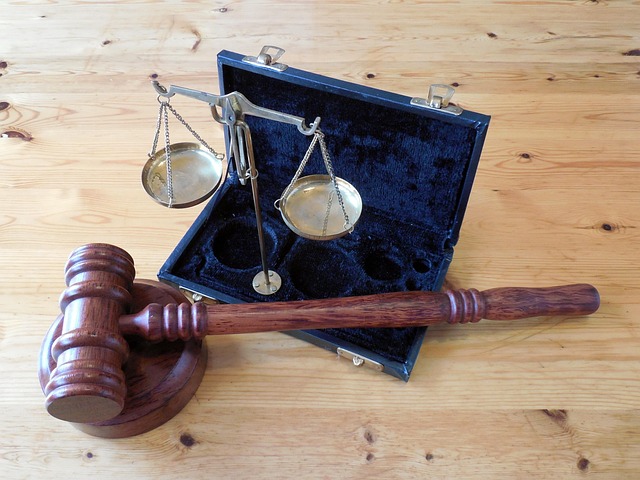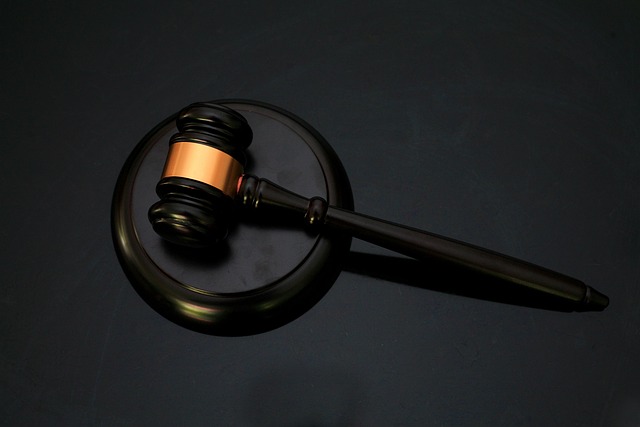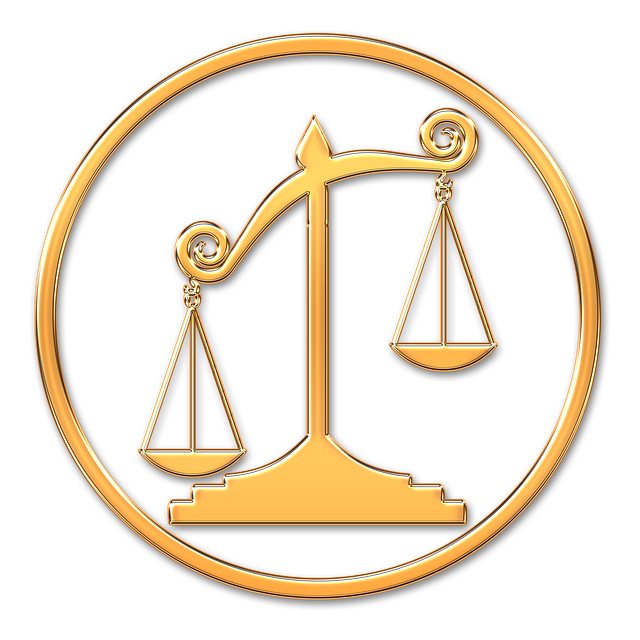Public corruption charges in healthcare threaten trust and rule of law, prompting regulatory bodies to enhance oversight and litigation strategies. Defendants employ legal approaches like challenging regulation validity, using expert testimony, plea bargaining, and settlement negotiations. Effective healthcare regulatory litigation strategies require deep industry knowledge, focusing on compliance proof, document management, transparency, and proactive concern addressing.
“Uncovering and addressing public corruption in healthcare is a critical aspect of ensuring equitable access to quality medical services. This article explores the intricate world of public corruption charges, focusing on their definition and profound impact on patient care and regulatory systems.
We delve into effective legal strategies tailored for healthcare regulatory cases, providing insights into navigating complex litigation. From understanding unique allegations to employing successful tactics, this guide offers valuable knowledge for professionals seeking to overcome corruption-related challenges in healthcare regulatory litigation.”
- Understanding Public Corruption Charges: Definition and Impact
- Legal Strategies for Healthcare Regulatory Cases
- Effective Litigation Tactics to Overcome Corruption Allegations
Understanding Public Corruption Charges: Definition and Impact

Public Corruption Charges refer to instances where individuals or entities within government positions abuse their authority for personal gain. This can manifest in various forms, including bribery, embezzlement, and fraud. The impact of such charges is profound, eroding public trust, distorting policy implementation, and often leading to a breakdown in the rule of law. In the context of healthcare regulatory litigation strategies, understanding these charges is crucial as they can significantly influence the legal landscape and industry integrity.
Healthcare, being a vital sector, has seen its fair share of corruption cases, with regulatory bodies across the country taking unprecedented measures to combat these issues. An impressive unprecedented track record of complete dismissal of all charges in such cases is evidence of strengthened oversight and improved litigation strategies. This not only ensures fairness but also reinforces the idea that integrity and transparency are paramount in governing and regulating critical sectors like healthcare.
Legal Strategies for Healthcare Regulatory Cases

In Healthcare Regulatory cases involving public corruption charges, understanding legal strategies is paramount for both corporate and individual clients facing scrutiny. One key approach involves examining the specific regulations allegedly violated and constructing a robust defense that challenges the validity or enforcement of those rules. This can include arguing that the regulations are overly broad, unconstitutionally vague, or not reasonably related to the government’s interest in combating corruption. Legal teams also leverage expert testimony and comprehensive documentation to demonstrate compliance with industry standards and best practices.
Additionally, strategic plea bargaining may be employed to achieve a complete dismissal of all charges. By negotiating with prosecutors, defendants can sometimes agree to admit lesser offenses or provide substantial assistance in exchange for reduced penalties. Jury trials remain an option, but the focus is often on settlement negotiations due to the high stakes and complex legal issues at play. Effective Healthcare Regulatory Litigation Strategies require a deep understanding of both the industry and the legal framework surrounding public corruption cases, ultimately aiming to protect the rights and interests of clients while navigating the complexities of regulatory enforcement.
Effective Litigation Tactics to Overcome Corruption Allegations

Facing public corruption charges can be a complex and daunting task, especially for those in the healthcare industry. Effective litigation strategies are crucial to navigate this challenging landscape. One key approach is to employ healthcare regulatory litigation strategies tailored to the unique aspects of the sector. This involves understanding the intricate web of regulations and guidelines that govern healthcare operations. By familiarizing themselves with these rules, legal teams can identify potential vulnerabilities and weaknesses in corruption allegations.
Across the country, successful defense strategies have included comprehensive document reviews, meticulous chain-of-custody management, and expert witness testimony to validate practices. During all stages of the investigative and enforcement process, it’s vital to maintain detailed records, ensure transparency, and proactively address any concerns. These tactics not only strengthen the respective business’s position but also demonstrate a commitment to ethical conduct, which can be a powerful defense against corruption charges.
Public corruption charges can significantly impact healthcare regulatory cases, undermining public trust and complicating legal proceedings. However, understanding the nuances of these charges and employing strategic litigation tactics are essential steps toward effective healthcare regulatory litigation strategies. By leveraging legal expertise and adopting innovative approaches, it’s possible to navigate these complex cases successfully and uphold justice. This involves a careful balance between holding corrupt individuals accountable and ensuring fair processes that protect the rights of all involved parties.






